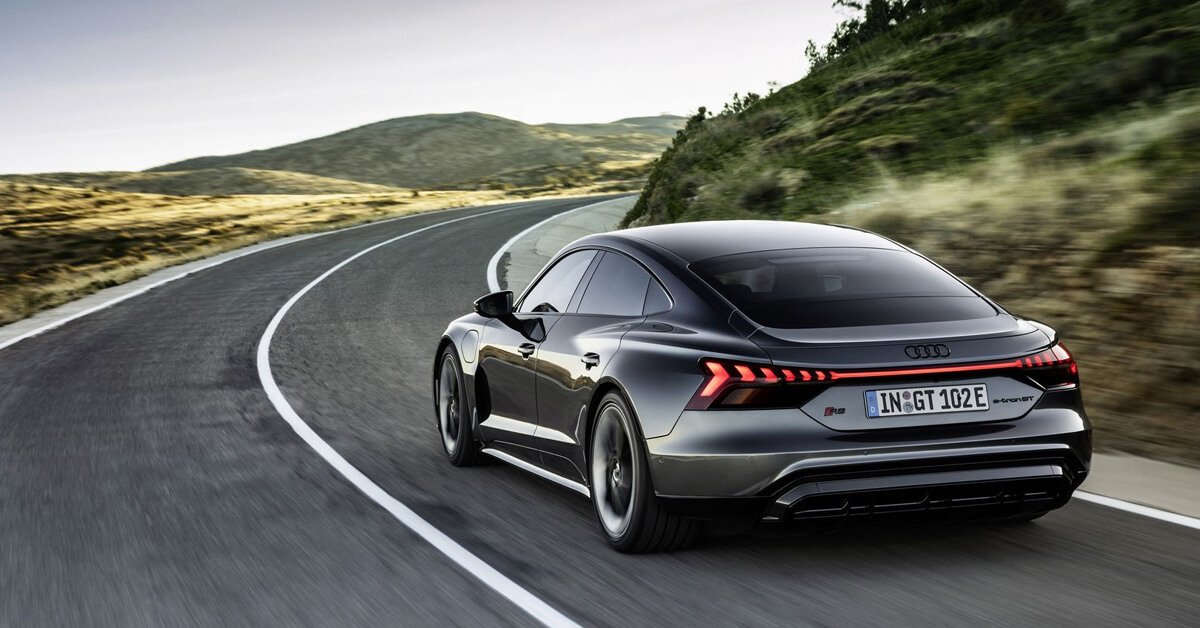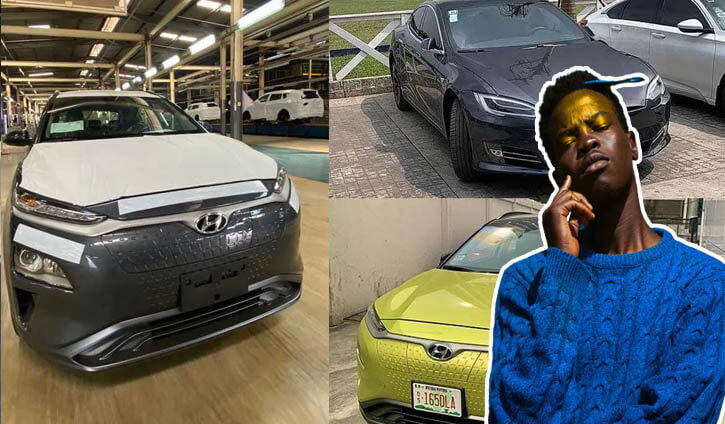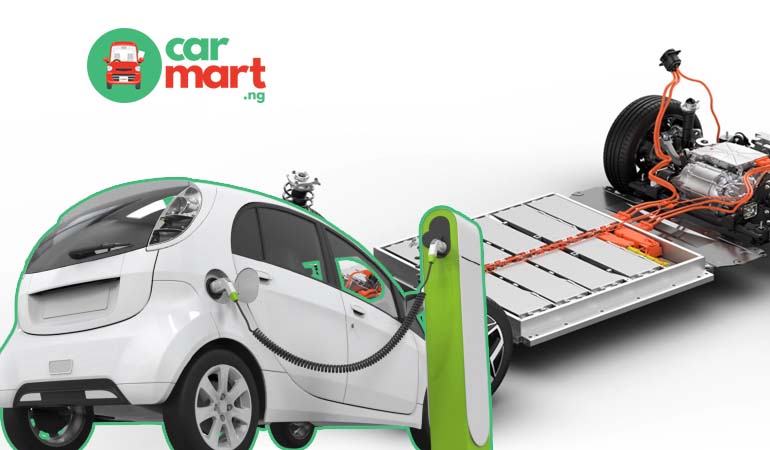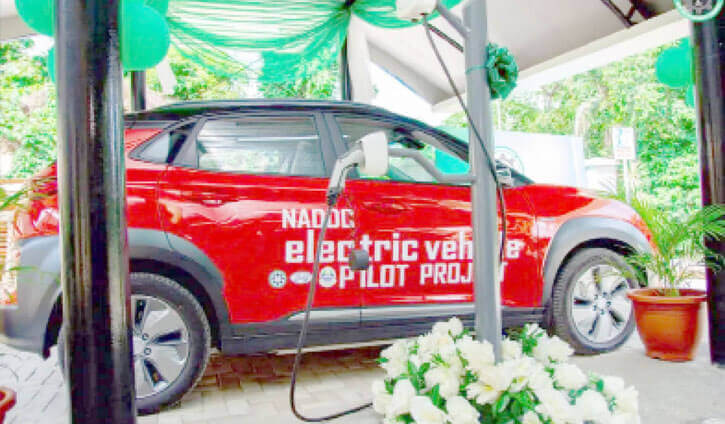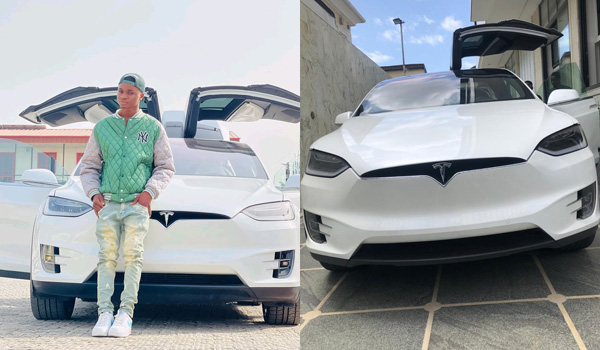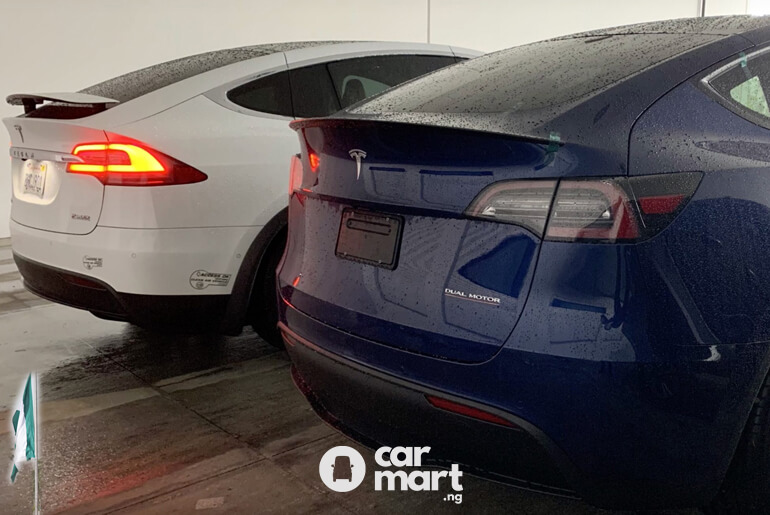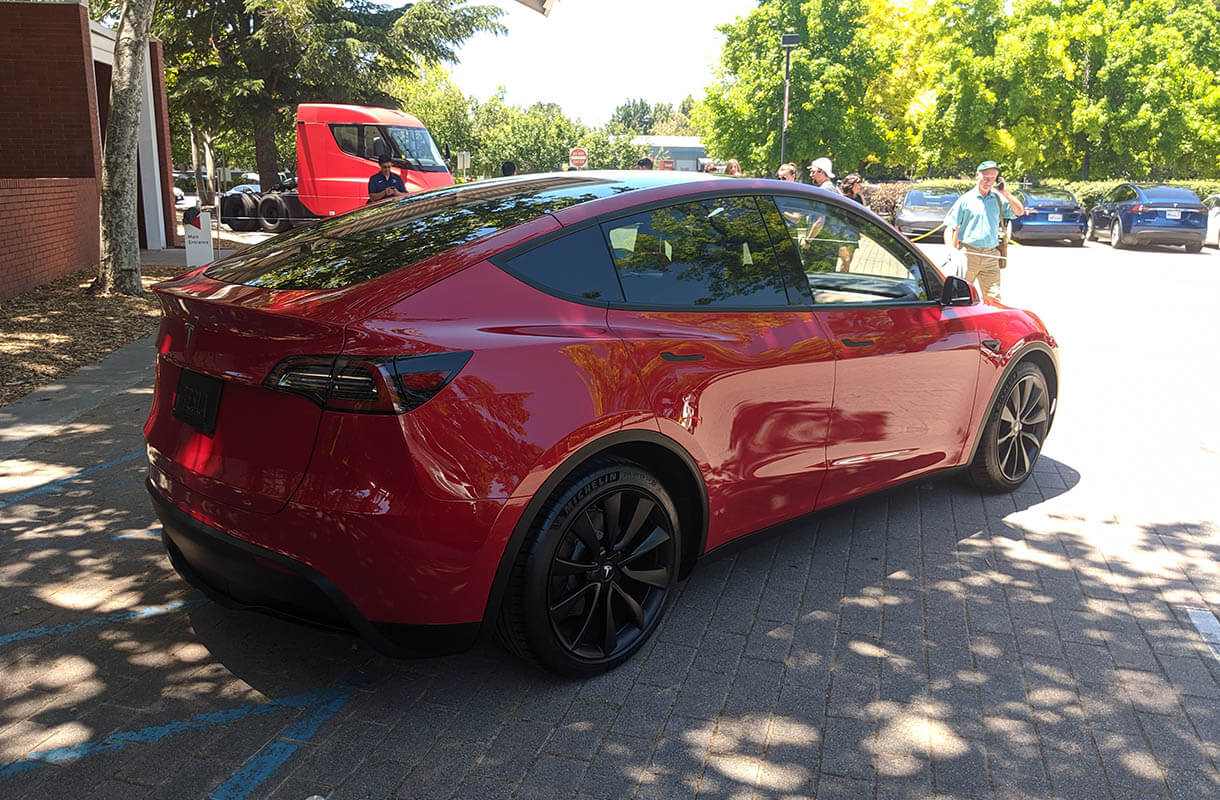When it comes to electric vehicles (EVs), perhaps the biggest concern is running out of fuel and becoming stranded in the middle of nowhere! The backup option of using diesel until you can reach a charging station is at least available with a hybrid, and in a country like Nigeria, it can be very embarrassing.
Table of Contents
Nonetheless, this might not be a major issue. It’s important to remember that charging stations are becoming more widespread but are not easily accessible as people tend to go for petrol or diesel cars, so charging may not be a problem if you don’t do it from home. Also, depending on the size of the battery, charging your car doesn’t necessarily take that long. Also, while you’re waiting for your car to charge, you might just sit and watch a movie.
The distance an electric car can go on a single charge may also surprise you. Again, the size of the lithium-ion battery will often determine this, but there are a few additional elements that can affect your mileage.
How far can an electric vehicle travel?
The main concern is how far an electric car can travel. We’re unable to provide a clear response because it will depend on the make and model of the car. Nonetheless, many EVs can easily drive 200 to 250 miles on a single charge. This can be good if you are using your car for commutes within a particular vicinity, but if you are travelling a far distance, such as an interstate trip, it might take quite some time.
The shortest distance you can go on a single charge is probably about 80 miles, which doesn’t sound very far at all. You can go to the nearest restaurant, maybe not if you live far off from work. Less than 100 miles in a city isn’t a short trip, though, when you consider that the only vehicles allowed to travel this distance are public transport vehicles, which are designed for city driving.
Sizes of electric vehicle batteries
As was already established, the size of the battery in your EV is what mostly dictates how far it can travel on a single charge. Family car batteries are normally between 50 kWh and 60 kWh, whereas smaller vehicles often have batteries around 30 kWh and 70 kWh, whereas high-end electric cars can have batteries as large as 90 kWh.
The range of a car isn’t only based on the size of the battery, though. As you might anticipate, bigger, more powerful cars are far less efficient than smaller, lighter cars, which causes the battery to discharge more quickly. However, you might be able to get around this problem by increasing charging speeds. Some larger vehicles charge more quickly than smaller ones, so you won’t have to worry about spending a long time waiting in a charging station or having to leave the car overnight at home to finish your trip.
Why Get an Electric Car?
Being green is a conscious effort that many people are making these days, especially when it comes to vehicles, and it’s a hot topic of conversation everywhere. As they produce no emissions and don’t rely on fossil fuels, electric automobiles are unquestionably better for the environment. But what further advantages do EVs offer? Compared to gasoline and diesel cars, they are incredibly inexpensive to operate, which is one of their key benefits.
Even at a public charging station, a full charge for an EV may only cost a few pennies. As charging stations are not quite popular yet, charging at home is the next step, which might really increase your electricity bill, probably times 3.
Being good to the economy is one thing to go for an EV. This is due to the fact that EVs have fewer moving parts than diesel and gasoline vehicles, which usually results in fewer maintenance visits or part replacements.
The fact that buying an electric automobile outright is relatively expensive is the only major disadvantage. Although the technology is still very new, the lithium-ion batteries they use are expensive to produce. Yet it’s possible to finance the purchase of an electric vehicle, and the monthly payments may not even be as exorbitant as you think!
How long does it take to charge an EV?
EV charging comes in two levels, each providing a different charging voltage. The difference in voltage translates to charging time, with level 1 having the lowest voltage and the longest charging time.
Level 1. Most new EVs come with a level 1 charging cord. Level 1 charging units operate on 120-volt electric power, which means you can plug them into a household plug. This provides the slowest charting time and note this can take you hours to get full.
Level 2. This provides charging approximately 10 times faster than level 1. Level 2 requires a 240-volt plug, such as the one used for an electric clothes dryer. This, you would have to get installed in your house by a professional.
What happens when an EV runs out of charge?
Electric car range is a concern for most drivers, but mileage per charge is increasing due to new technology. Electric vehicles feature a warning light and/or dashboard symbol that alerts the driver to a low battery in need of charging.
As long as you pay attention to your car’s battery charge indicator (as you would pay attention to the gas gauge), you shouldn’t worry about running out of charge. Most vehicles are equipped to help you get home if you buy a plug-in hybrid car, which always has a backup. If you ignore the low battery warning, the car will eventually stop, and you will need to get it towed to get home.
Have 1 million naira and above to Buy or Sell Cars In Nigeria? Check carlots.ng
All rights reserved. Reproduction, publication, broadcasting, rewriting, or redistribution of this material and other digital content on carmart.ng is strictly prohibited without prior express written permission from Carmart Nigeria - Contact: [email protected]

